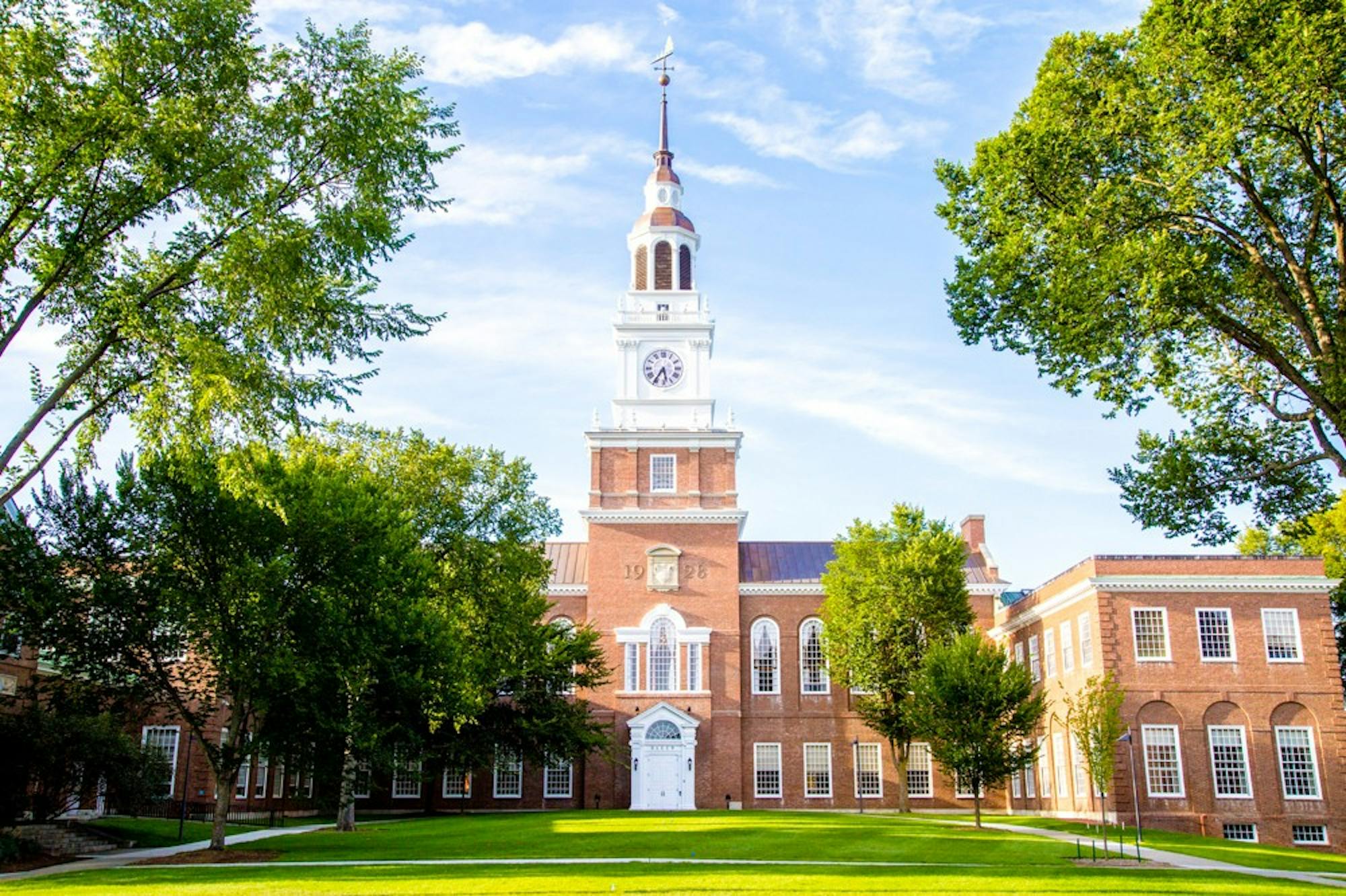The campus group Movement Against Violence announced on Wednesday that its programming is being absorbed into the Sexual Violence Prevention Project, with MAV no longer “existing in name.”
Starting this fall, SVPP will take over all sexual violence prevention programming for undergraduate students, including MAV’s facilitated discussions and first-year programming. A critical component of this change is that unlike the student facilitators of MAV, student facilitators involved in SVPP will be paid by the College and serve as private resources, resulting in a shift in their sexual violence reporting obligations.
Associate director of the Student Wellness Center Amanda Childress, who is also one of the staff members of SVPP and a former MAV advisor, said that while the student-run MAV had “all the right intentions” regarding developing programming that engaged students around the topic of consent, the efficacy of these programs was not assessed in a systematic manner.
“The students didn’t have the time or the knowledge to be developing those assessments — they didn’t have the time to do the research about curriculum or about what is really going to be beneficial and useful,” Childress said. “As experts in the field, that’s what we know how to do.”
However, Childress also emphasized the importance of student participation in the design of the four-year program, which is seeing its first iteration for the Class of 2023. She said that the SVPP’s ultimate goal is to inspire concrete alteration in student behaviors and execute this mission in a logical manner. Since 2015, the executive board of SVPP has developed its four-year curriculum by piloting programs, collecting feedback from thousands of students, revising the program and simultaneously trying to rebuild, according to Childress.
Assistant director for violence prevention Benjamin Bradley added that he wants students to get involved in the development of SVPP’s curriculum.
“We’ve been doing our best to build this from the ground up, so it’s something that students have a role in and it doesn’t seem like something is being thrown down or forcing everyone to do this one thing,” Bradley said.
Still, according to MAV’s former leadership, the transition to the SVPP has not been seamless. Former MAV executive Katie Carithers ’20 noted the abrupt nature of the transition to the SVPP, referencing the College’s response to a recently-settled sexual misconduct lawsuit filed by nine former students.
“There hasn’t been a clear timeline, especially because Dartmouth really kicked things into gear after the Title IX lawsuit that’s been happening over the last year or so,” Carithers said.
She added that many discussions took place regarding the nature of the relationship between MAV and SVPP as SVPP was being developed — including what the overlap in subject matter would be and how the two organizations would be able to collaborate.
Former director of prevention education Anne Pinkney ’20 explained that the peer-to-peer facilitations, which characterized MAV’s educational approach, were unique. However, during her time on the executive board of MAV, it became evident that the fall and summer curricula run by MAV were not as comprehensive as possible. If there was a better option to prevent sexual violence on campus, according to Pinkney, it would be in the best interest of the organization to be reconfigured.
“When you are confronted with the opportunity to have someone do the work that you are doing in a better, more sophisticated way, it makes a lot of sense to say yes,” Pinkney said. “Transitioning to a staff-based model would increase the efficacy of our facilitations. It would be irresponsible to not do that.”
One critical aspect of facilitation that SVPP will be taking over from MAV is the programming tailored toward members of Greek life at Dartmouth. Since approximately 60 percent of Dartmouth students are affiliated with a fraternity or sorority, the efficacy of this programming will be instrumental for the success of the SVPP. According to the Student Wellness Center’s website, the College will monitor its progress through a longitudinal study run in conjunction with University of New Hampshire.


